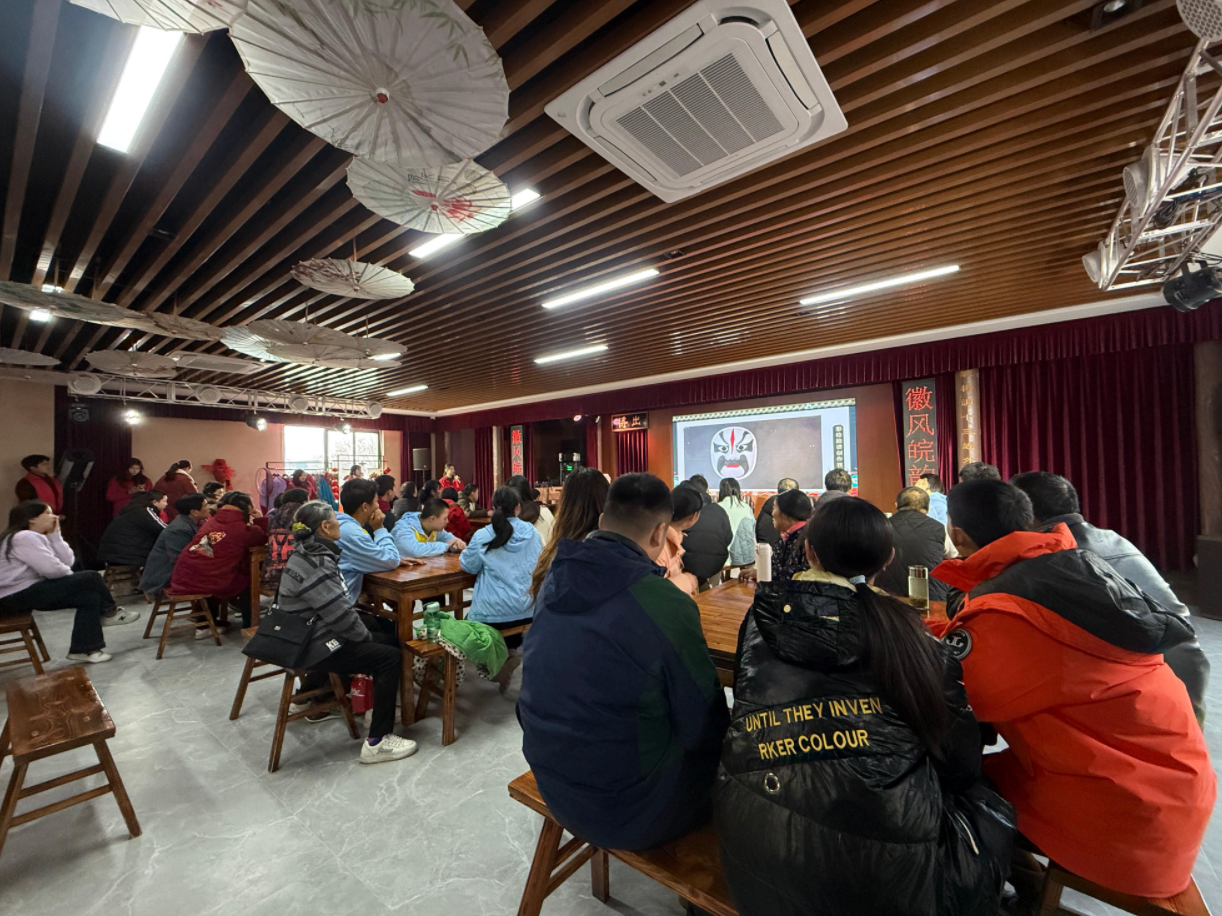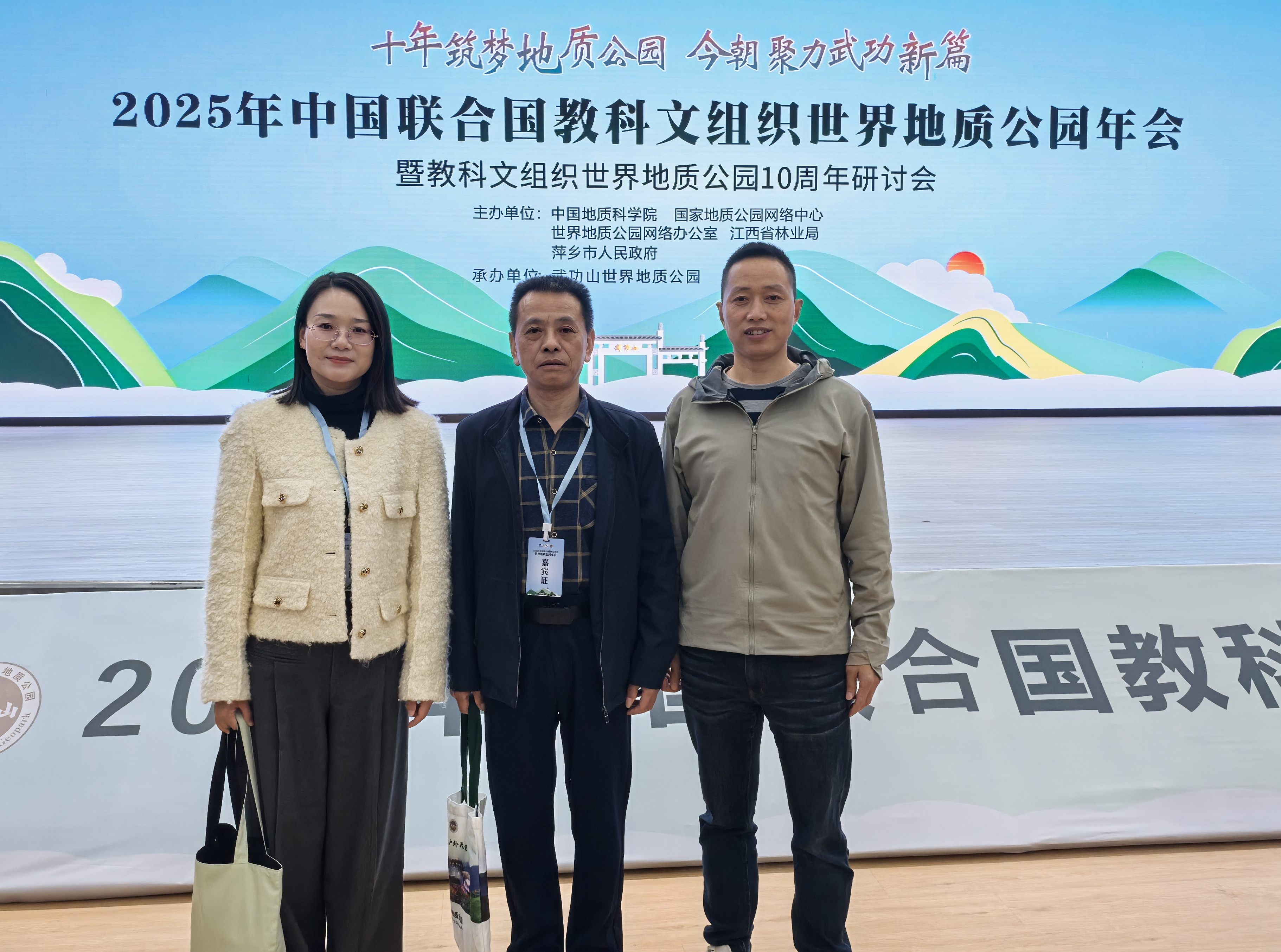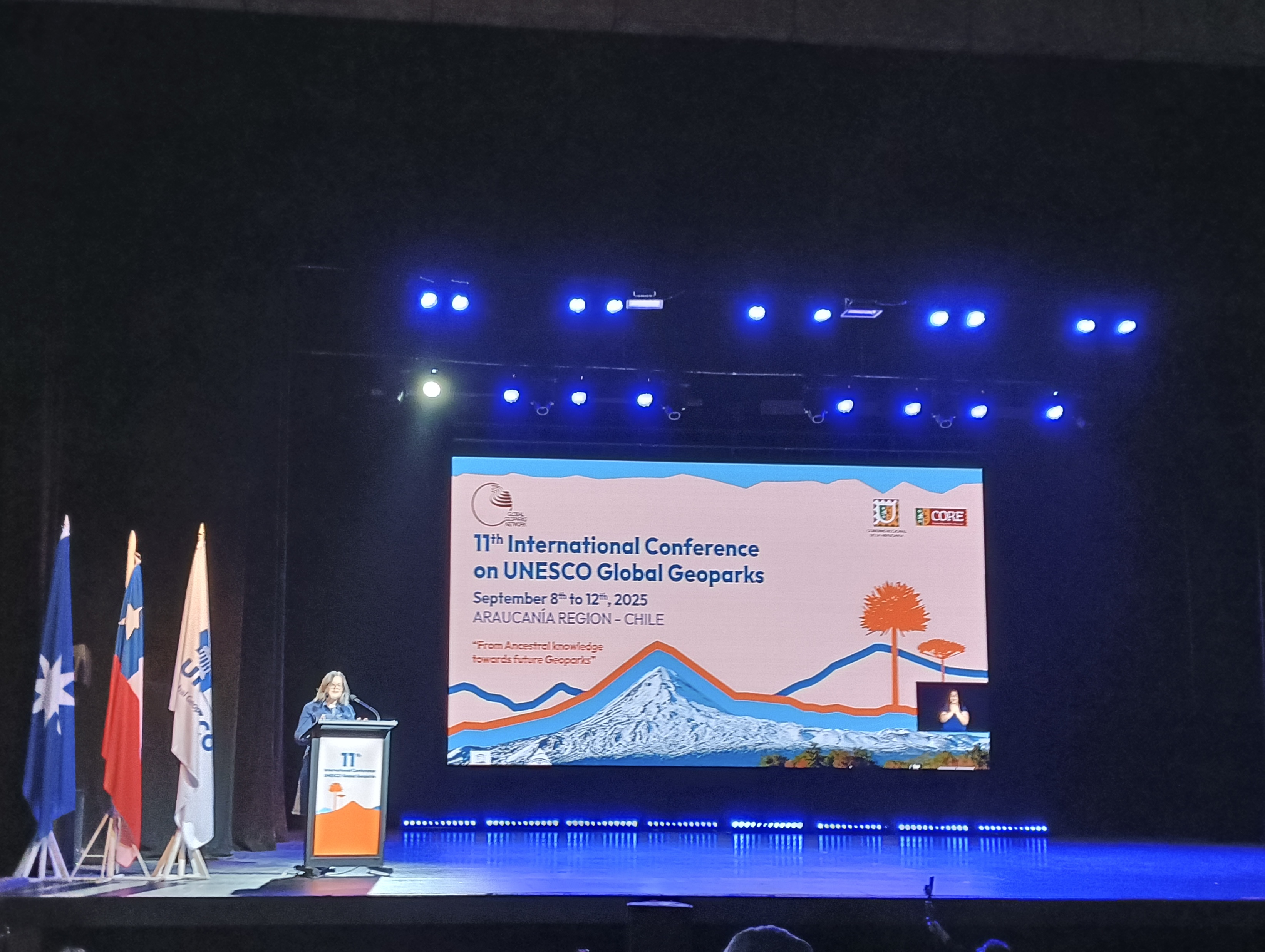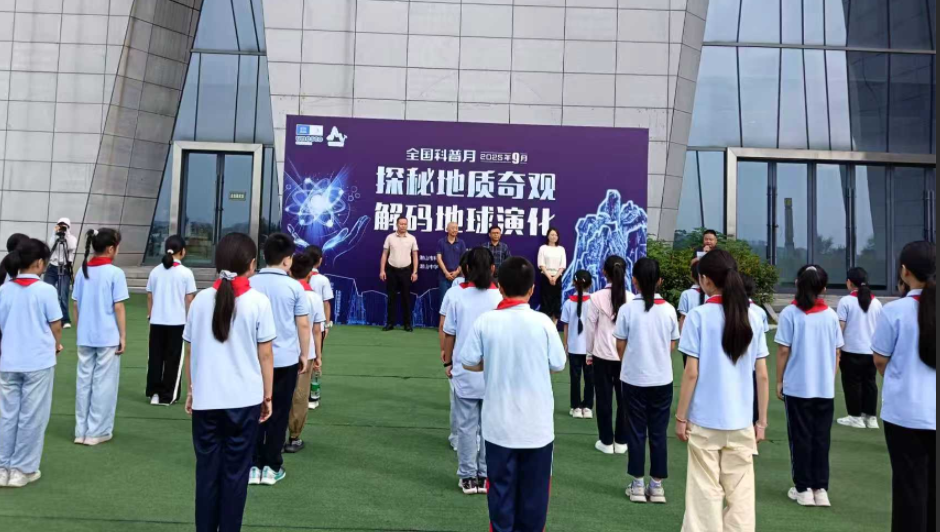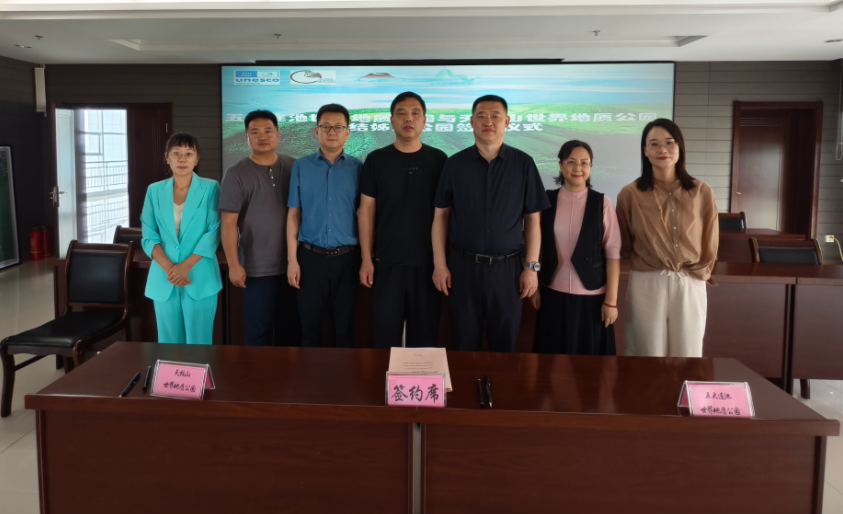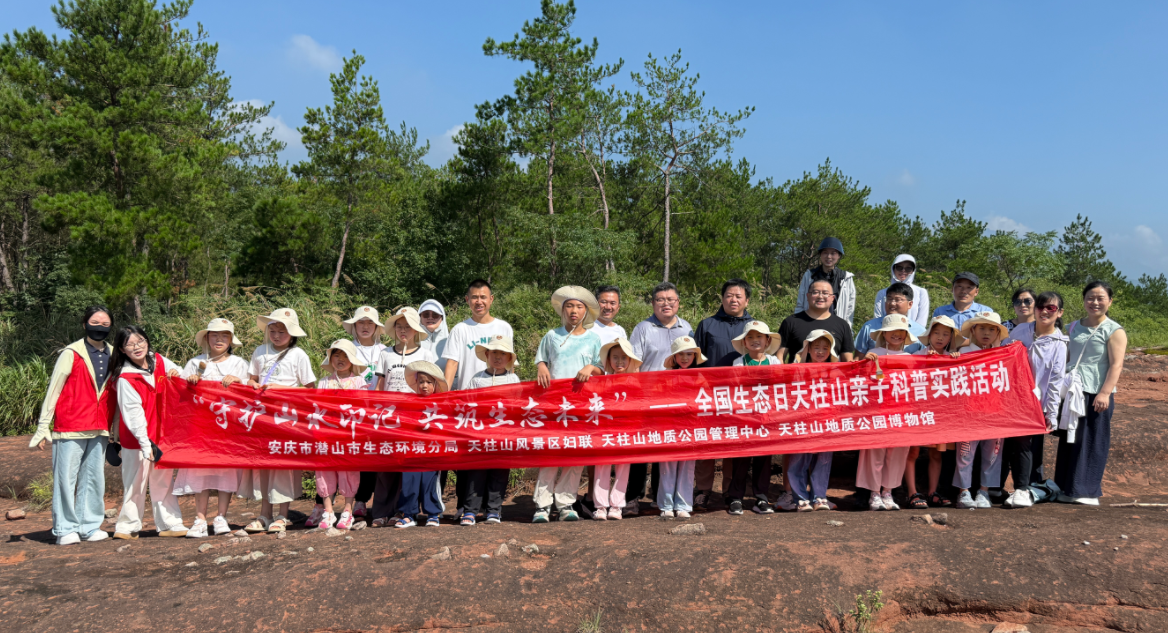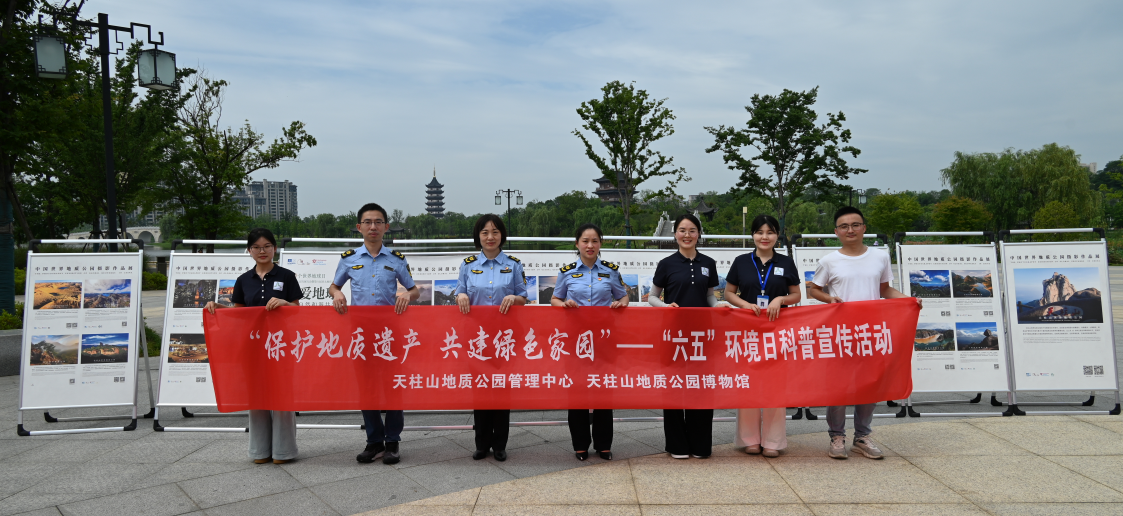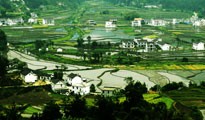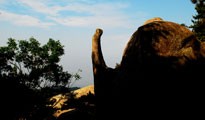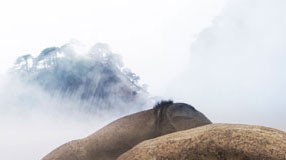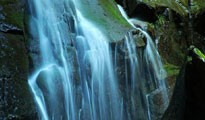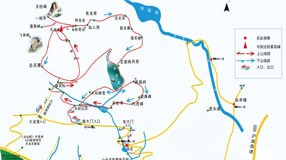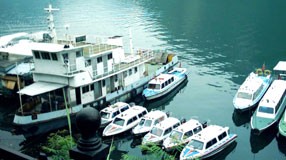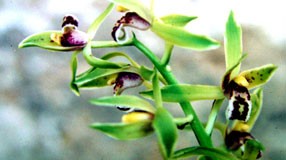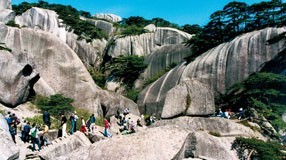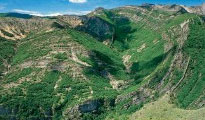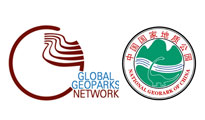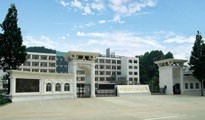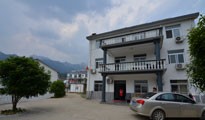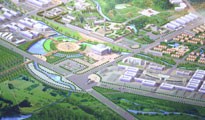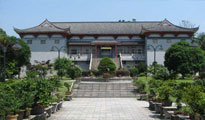Established in 1929, the Institute of
Vertebrate Paleontology and Paleoanthropology (IVPP), Chinese Academy of
Sciences (CAS) was formerly known as the Cenozoic Research Laboratory of the
Geological Survey of China under the Ministry of Agriculture and Commerce. It
is a special research institution for two basic disciplines: vertebrate
paleontology and paleoanthropology.
IVPP is equipped with three research
offices, one research center and one laboratory. It focuses on studying the
origin, evolution, taxonomy and phylogeny of various vertebrate groups,
establishing and improving the chronostratigraphic system of China and the
world at large, as well as exploring the coevolution relationship between
living creatures and the environment. IVPP also studies the physical evolution,
behavioral model, adaptive and survival process of China’s ancient humans, the
origin of modern Chinese people, and the characteristic of the paleolithic
culture. IVPP has been conducting many studies, including the analysis of human
evolution from the perspective of fossil morphology and ancient DNA, the study
on lithic technology and functional development, the research on the origin of
agriculture, the research on the origin of civilization, as well as the
comprehensive research on Zhoukoudian Site. IVPP has also built the largest and
best equipped specimen repair room, which provides technological support for
the indoor repair and research of fossil specimens.
Since the 1920s till now, IVPP has
built China’s greatest collection museum of paleovertebrates, ancient human
fossils and stonewares. So far, the number of specimens in the herbarium has
reached 200,000. Moreover, as a subordinate of IVPP, the Paleozoological Museum
of China is open to the public and receives over 100,000 visitors annually.
Since 2014, the Tianzhushan Global
Geopark and IVPP have collaborated in conducting the monographic study on the
Paleocene vertebrate fossils and palaeoenvironment.
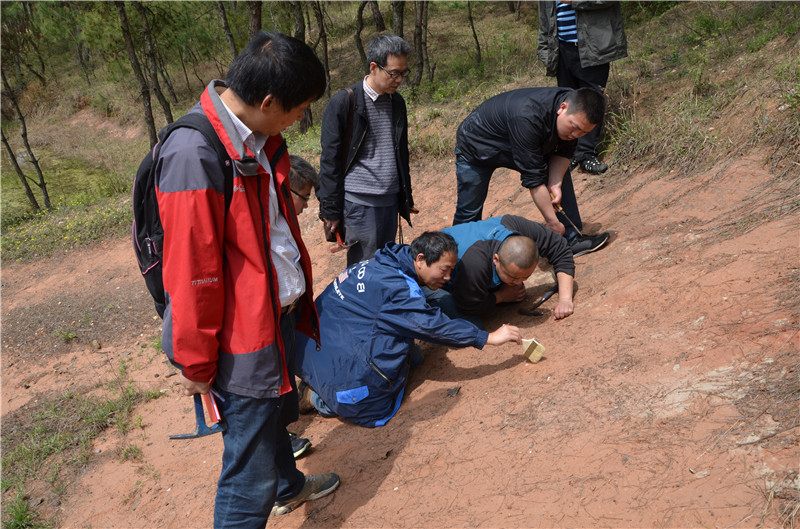
Investigation of fossil locality
On June 3-5 of 2015, the
International Symposium on Terrestrial Paleocene Biota and Paleobiogeography
cohosted by IPVV and the Geopark was convened in the Geopark. Nearly 30 experts
and scholars from China, America and France participated in the academic
discussion and exchange.
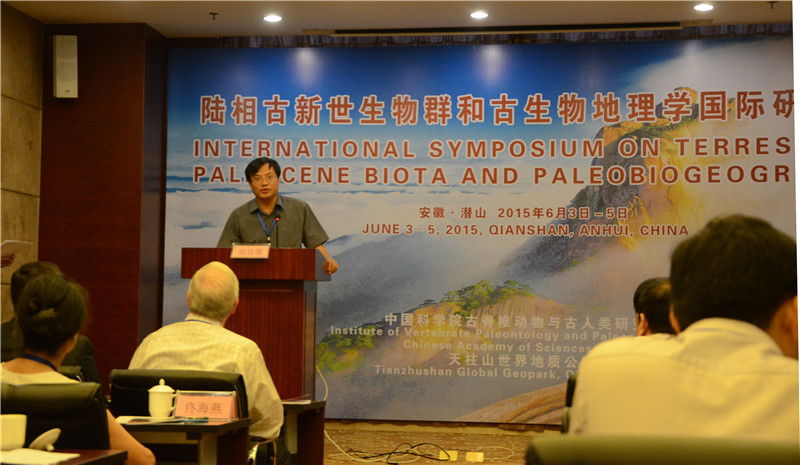
Academic report
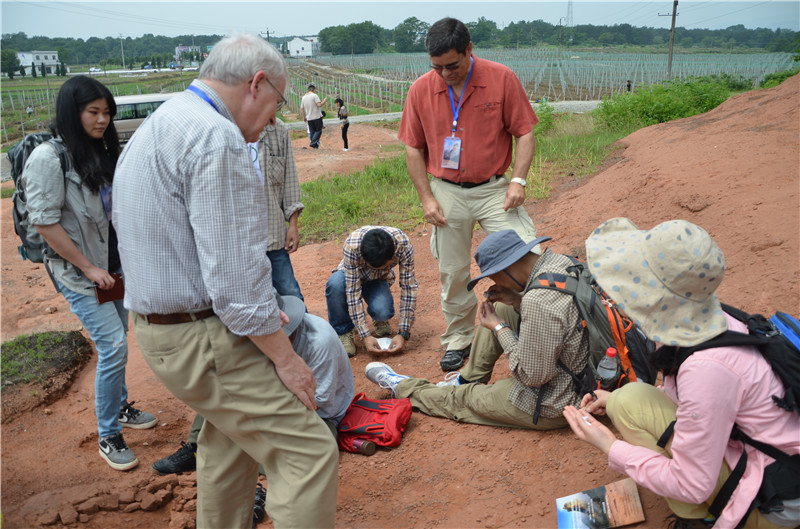
Field work

















